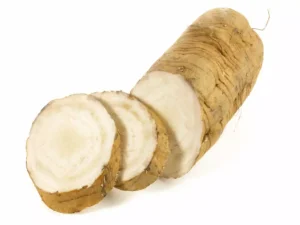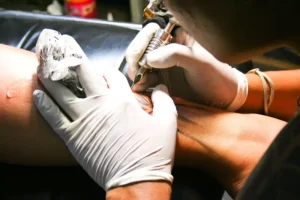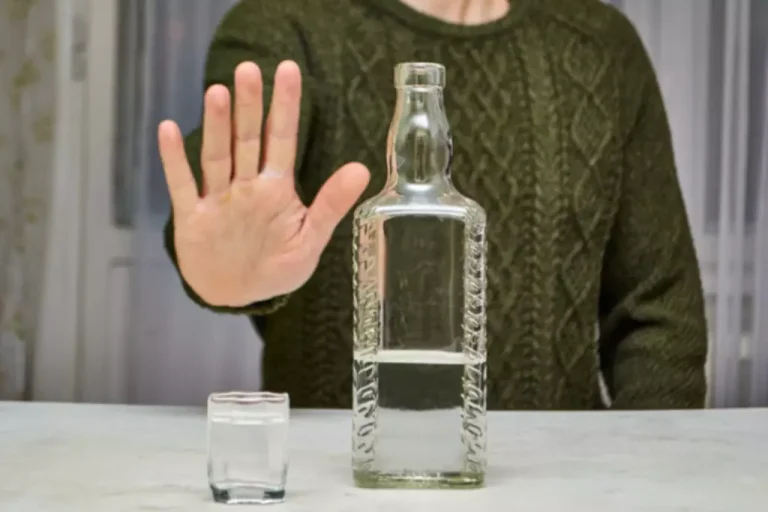
If you’re having difficulty sticking to your goal or just want some extra guidance, consider reaching out for professional support. You might run into obstacles along the way that tempt you to drink. Keep in mind the reasons you chose to cut back on or Alcohol Detox quit alcohol. Satisfying hobbies can distract you from wanting to drink, but they also help you relax — something everyone needs to do. Maybe you don’t think you depend on alcohol exactly, but you still wonder whether you might be drinking too much.
Types of Health Care Providers
If you’re worried that someone you know has an alcohol addiction, it’s best to approach them in a supportive way. This could push them away and make them more resistant to your help. As an addiction tends to get worse over time, it’s important to look for early warning signs.
Lifestyle and home remedies

Those with a wider circle of support have a better chance of staying sober. There are many support options available that can help guide you through alcohol withdrawal, as well as abstaining from alcohol after withdrawal. However, medical complications can occur during the acute phase of withdrawal.
How to Manage Alcohol Withdrawal Symptoms at Home

Find a supportive friend or family member to be with you while you withdraw and support your new non-drinking lifestyle. Some people experience a severe form of alcohol withdrawal known as DTs. A person with this condition can have a very high heart rate, seizures, or a high body temperature.

Behavioral Treatment

The newer types of these medications work by offsetting changes in the brain caused by AUD. The evidence suggests that the free and flexible assistance provided by mutual-support groups can help people make and sustain beneficial changes and, thus, promote recovery. Alcohol-related problems—which result from drinking too much, too fast, or too often—are among the most significant public health issues in the United States. In some people, the initial reaction may feel like an increase in energy. But as you continue to drink, you become drowsy and have less control over your actions. Some people may feel so “broken” that they almost feel they can no longer experience joy and confidence, or have healthy relationships again.
- Because denial is common, you may feel like you don’t have a problem with drinking.
- If you are concerned about potential alcohol withdrawal symptoms, talk to your doctor.
- This could mean an emphasis on therapy for someone who is depressed, or inpatient treatment for someone with severe withdrawal symptoms.
If a person slowly detoxes, they may be able to avoid the symptoms of alcohol withdrawal. A doctor might also recommend certain dietary changes or supplements, such as vitamins B-1 (thiamin) and B-9 (folic acid), to help the body cope with the decreasing alcohol intake. The first day is always the hardest, but it’s also an important milestone.
This is because alcohol is a depressant, so when it’s no longer in your system, your body has more energy to work with. After half a year without drinking, you will really start to reap the rewards. Your risk of developing cancer will decrease, and your liver function will have greatly improved. If you have decided that it is time to stop or reduce your alcohol consumption, knowing what happens to your body when you stop drinking can give you a better idea of what to expect.
Support Groups
Alcohol use disorder frequently occurs alongside other mental health conditions. Pre-existing mental health conditions can sometimes lead people to turn to alcohol to cope with their symptoms. In other cases, long-term alcohol exposure can increase a person’s risk of developing a psychiatric illness. The mental health changes you experience https://ecosoberhouse.com/ when you stop drinking can include symptoms of withdrawal, difficulty sleeping, irritability, mood swings, and clearer thinking. While some of these changes can be uncomfortable for some time, they will eventually begin to improve the longer you abstain from alcohol use. After three days, you will likely start to feel more like yourself.
History and Physical
It is potentially life-threatening, so it is essential to seek medical attention immediately if you experience such symptoms. You may also begin to notice a number of improvements in your physical health. You’ll have more energy and stamina, and you may notice that your skin looks healthier. If you are considering at-home detox, speak with your doctor before beginning the process. They can help you determine the best and safest action for your needs.
Starting with a Primary Care Provider
Also known as “alcohol counseling,” behavioral treatments involve working with a health care provider to identify and help change the behaviors that lead to alcohol problems. AUD is characterized by an impaired ability to stop or control alcohol use despite adverse social, occupational, or health consequences. Health care providers diagnose AUD when a person has two or more of the symptoms listed below. AUD can be mild (the presence of two to three symptoms), moderate (the presence of four to five symptoms), or severe (the presence of six or more symptoms).
Leave a Reply